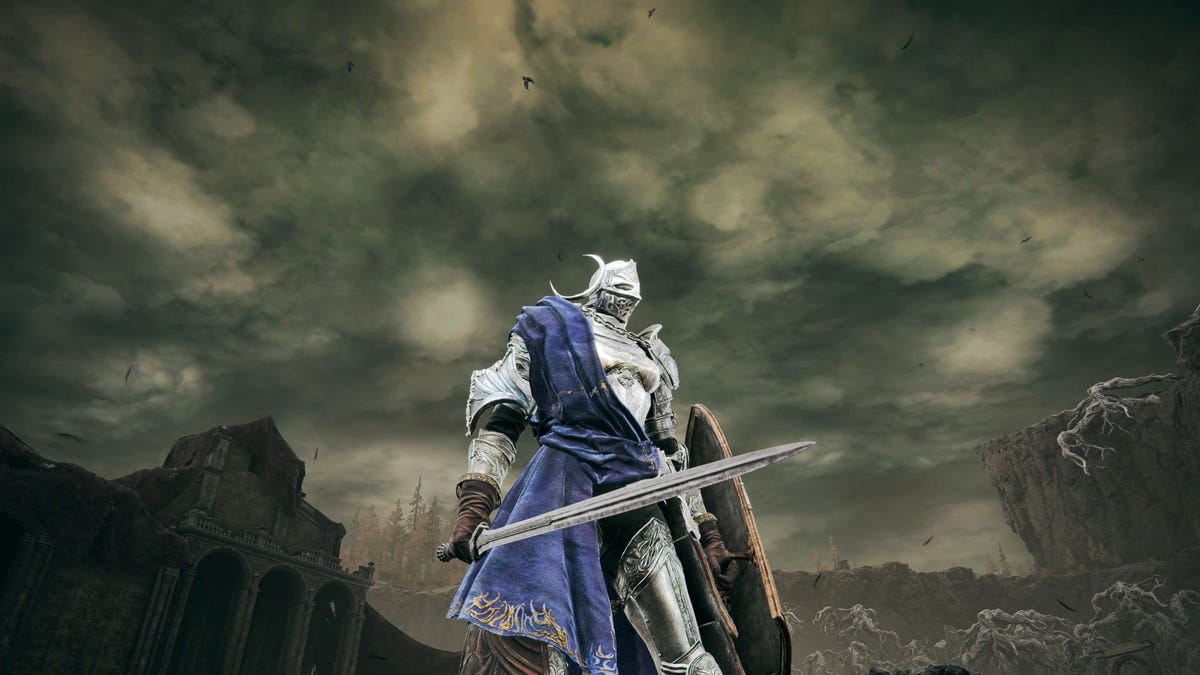How can the federal government prevent other countries from meddling in Canada’s elections?
That will be the focus of the next phase of the public inquiry into foreign interference, which started its second round of hearings on Monday.
The inquiry is expected to hear from more than 70 witnesses over the next five weeks, including members of Parliament, cabinet ministers and Prime Minister Justin Trudeau.
The inquiry, headed by Quebec Court of Appeal Justice Marie-Josée Hogue, was set up in response to media reports accusing China of interfering in the 2019 and 2021 federal elections.
In her initial report, made public in May, Hogue found that while it was possible that foreign interference occurred in a small number of ridings, it did not affect the overall election results.
“While the commission has thus far focused on the past, the hearings we are about to embark on will be more about the present and future,” Hogue said Monday as the inquiry began its new phase of hearings.
“Essentially, we will be examining the current capacity of government departments, agencies, institutional structures and governance processes to combat foreign interference, and how their ability to do so has evolved over time.”
On Friday, the inquiry provided a glimpse into the work it has been conducting behind the scenes since its last public hearings and initial report.
To date, more than 140 individuals and groups have responded to the inquiry’s call for submissions, including confidential submissions.
In August and September, Hogue travelled the country to meet with members of diaspora communities. During the meetings, which took place in private and undisclosed locations, members of those communities shared their experiences and outlined measures they believe could better protect them.
Over the course of 22 meetings, Hogue met with 105 people from several diaspora communities: Chinese, Uyghur, Hong Kong, Tibetan, Sikh, Indian, Russian, Falun Gong practitioners, Ukrainian, Tamil, Eritrean, Tigrayan and Iranian.
The public hearings in the new phase of the inquiry are expected to include panels made up of members of diaspora communities.
On Monday, Hogue said those who are concerned about measures to combat foreign interference will also get their say.
“The commission will also hear from a panel of people who are somewhat reluctant towards certain measures aimed at countering foreign interference, fearing that they may have harmful effects,” she said. “Hearing from these people should help the commission better understand the nature and reasons for their fears.”
Inquiry has access to intelligence reports
The inquiry also has obtained access to the intelligence reports provided to the National Security and Intelligence Committee of Parliamentarians (NSICOP) that led to its bombshell report tabled in Parliament in June.
In its 84-page report, the cross-party committee of MPs and senators alleged that some parliamentarians, whom it did not name, have wittingly or unwittingly helped foreign governments like China and India interfere in Canadian politics.
Prime Minister Justin Trudeau says his government will support a Bloc Québécois motion that calls for a public inquiry into a report that claims parliamentarians helped foreign states.
The inquiry said it has carried out in-camera hearings with senior government and intelligence agency officials about the intelligence and the investigations that contributed to the NSICOP report.
“The commission intends to call these witnesses in its upcoming public hearings,” the inquiry wrote in its update on Friday. “The commission is also working towards making public, to the maximum extent possible without causing injury to national security and within the limits of its duty to act fairly, a summary of the evidence obtained in camera.”
On Monday, Hogue warned not to expect her to name those parliamentarians. She pointed out that the allegations in the NSICOP report are based on classified information that can’t be disclosed to the parliamentarians alleged to have helped foreign governments, while procedural fairness and the Inquiries Act prevent her from making an adverse finding against a person unless that person has had the opportunity to respond.
“In the present case, the allegations are based on classified information, which means that the commission can neither make them public, nor even disclose them to the persons who might be the subject of these allegations,” Hogue told the inquiry.
“The commission would therefore be incapable of affording these people a meaningful opportunity to defend themselves. That said, the commission intends to address these allegations in the classified version of its final report and make recommendations.”
Although she didn’t provide any details, Hogue also acknowledged that the political climate has shifted since the inquiry got underway.
“I am keenly aware that the political climate in which we will be operating over the coming weeks and months is more charged than before,” Hogue told the inquiry. “But I can assure you that we will pursue our work with the same independence, objectivity and impartiality that we have demonstrated from the outset.”
The current phase of the inquiry’s public hearings runs until Oct. 16, followed by five days of policy consultations that begin on Oct. 21.
Minister of Public Safety, Democratic Institutions and Intergovernmental Affairs Dominic LeBlanc, speaking after Justice Marie-Josée Hogue released her initial report on foreign interference, says the government has been working for months to improve how information and intelligence is shared within government.








